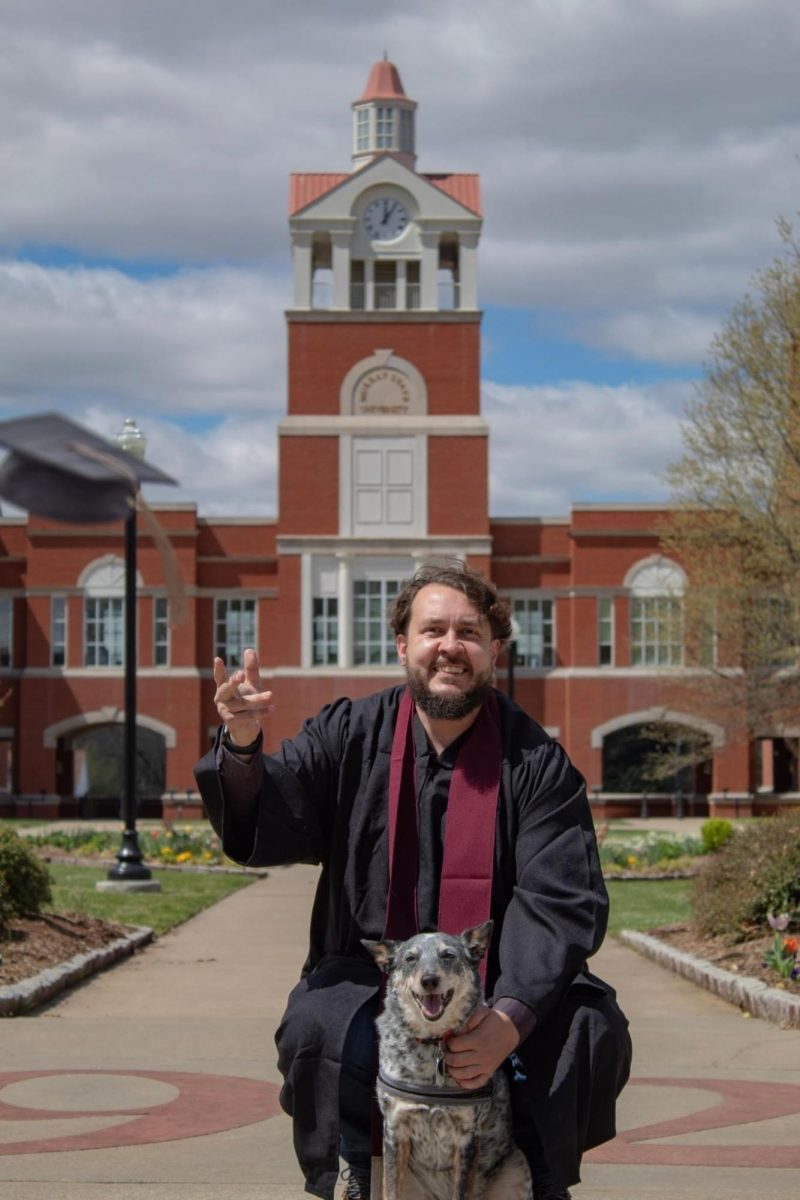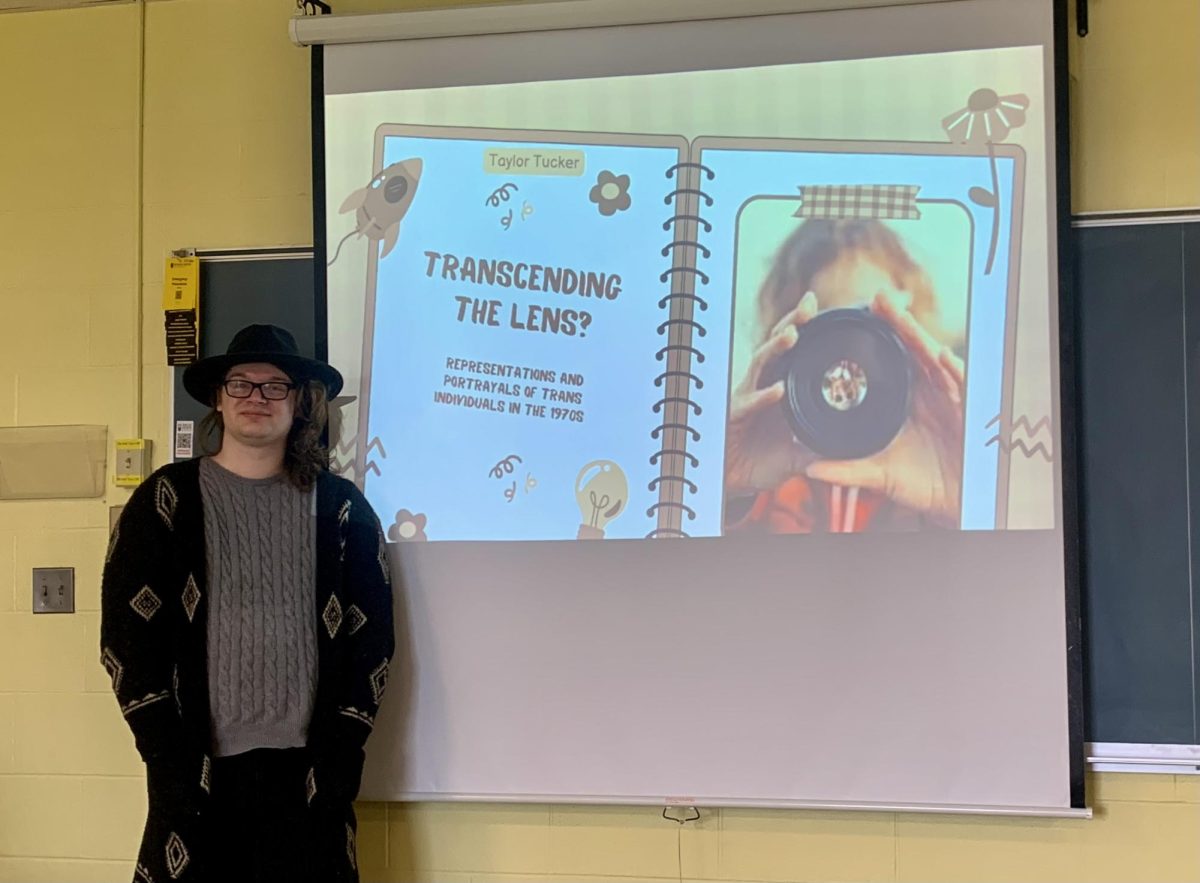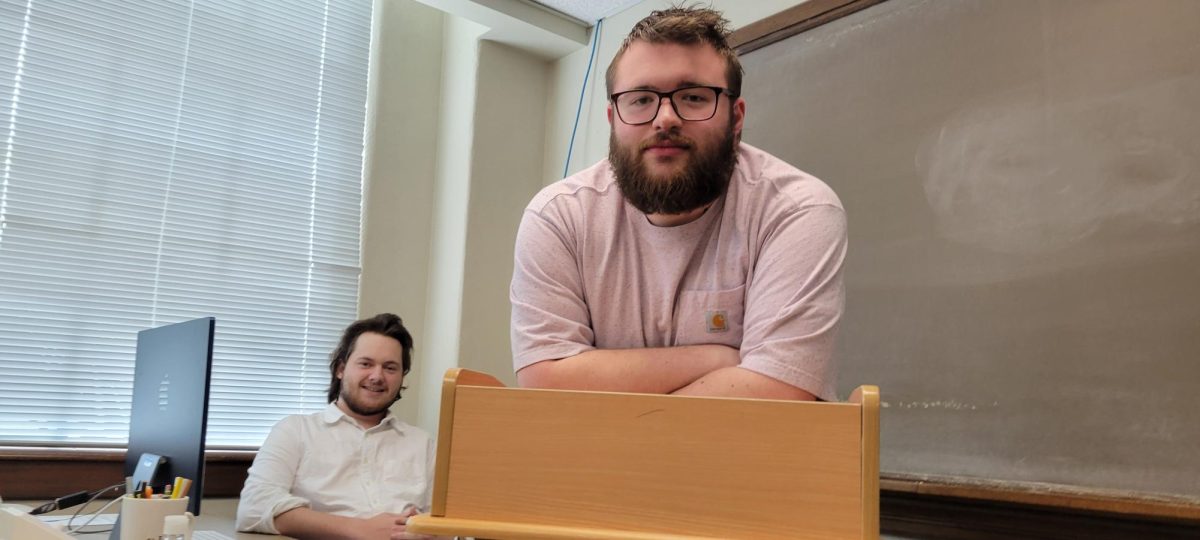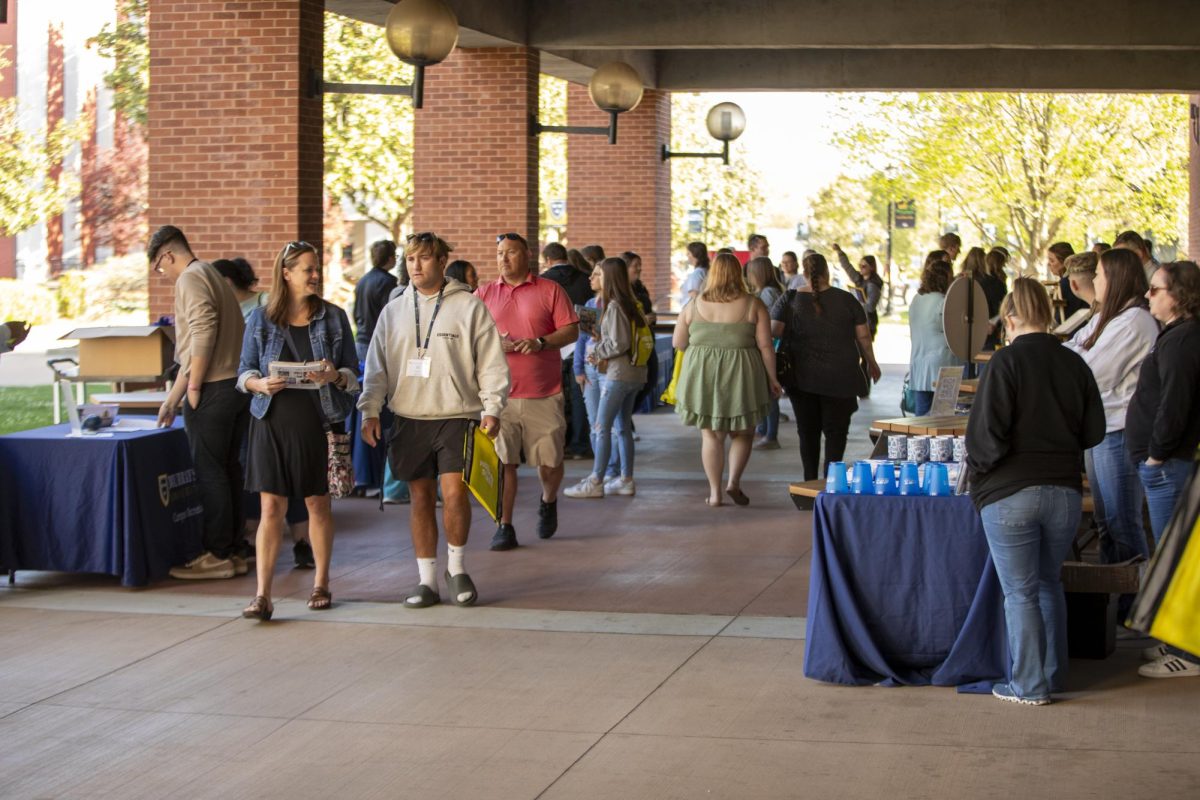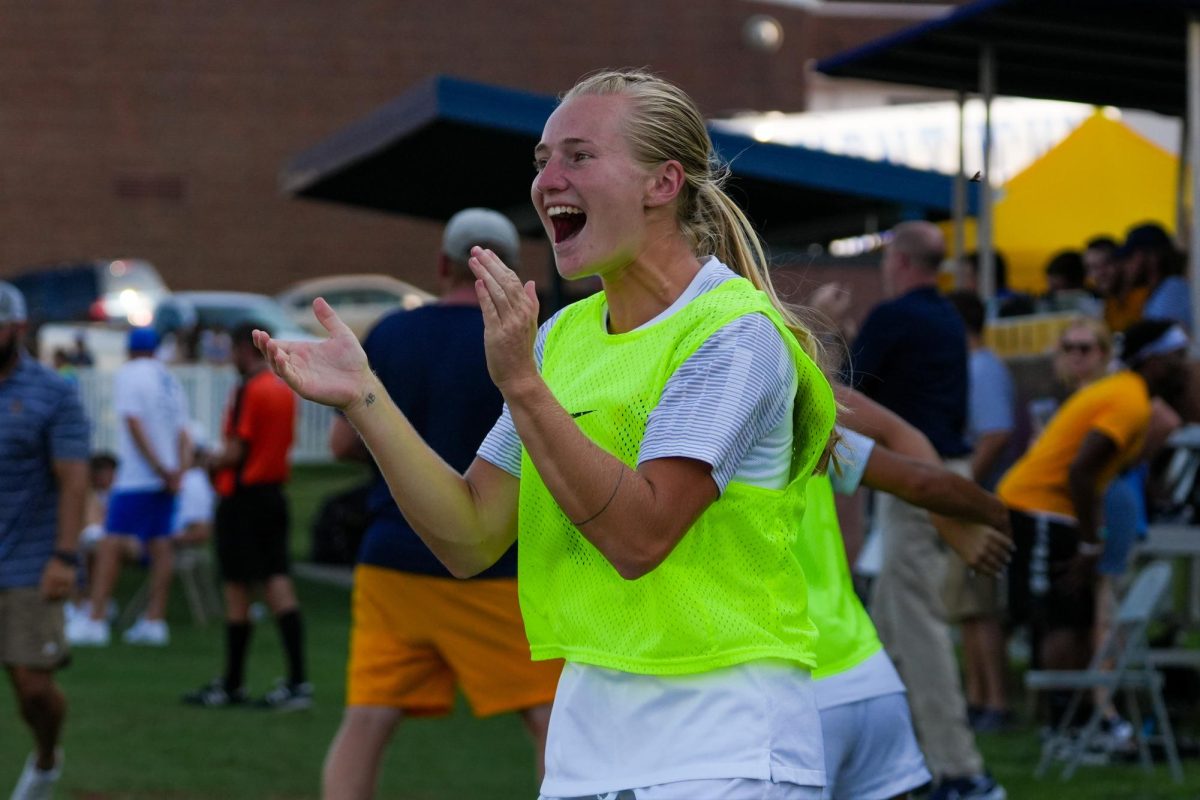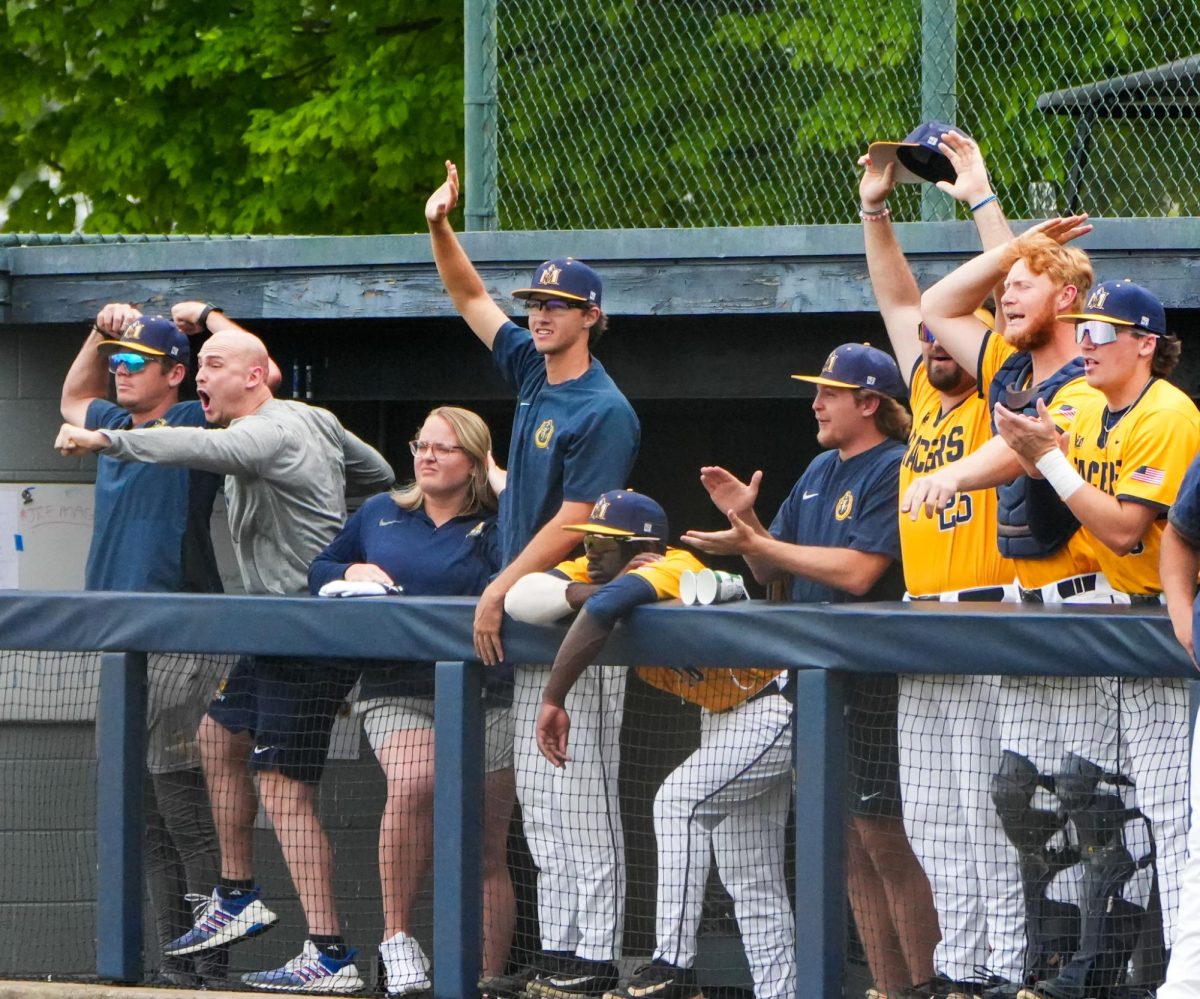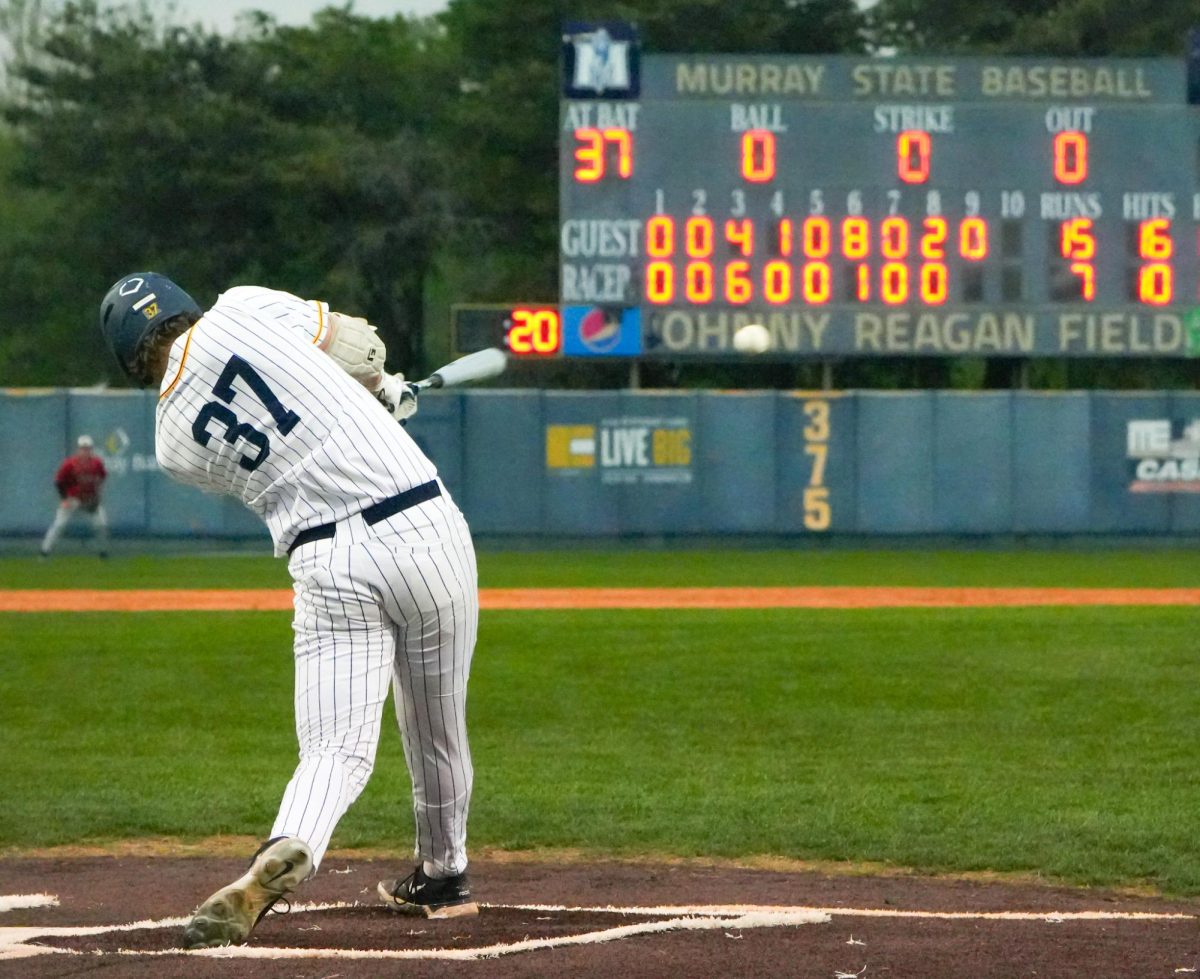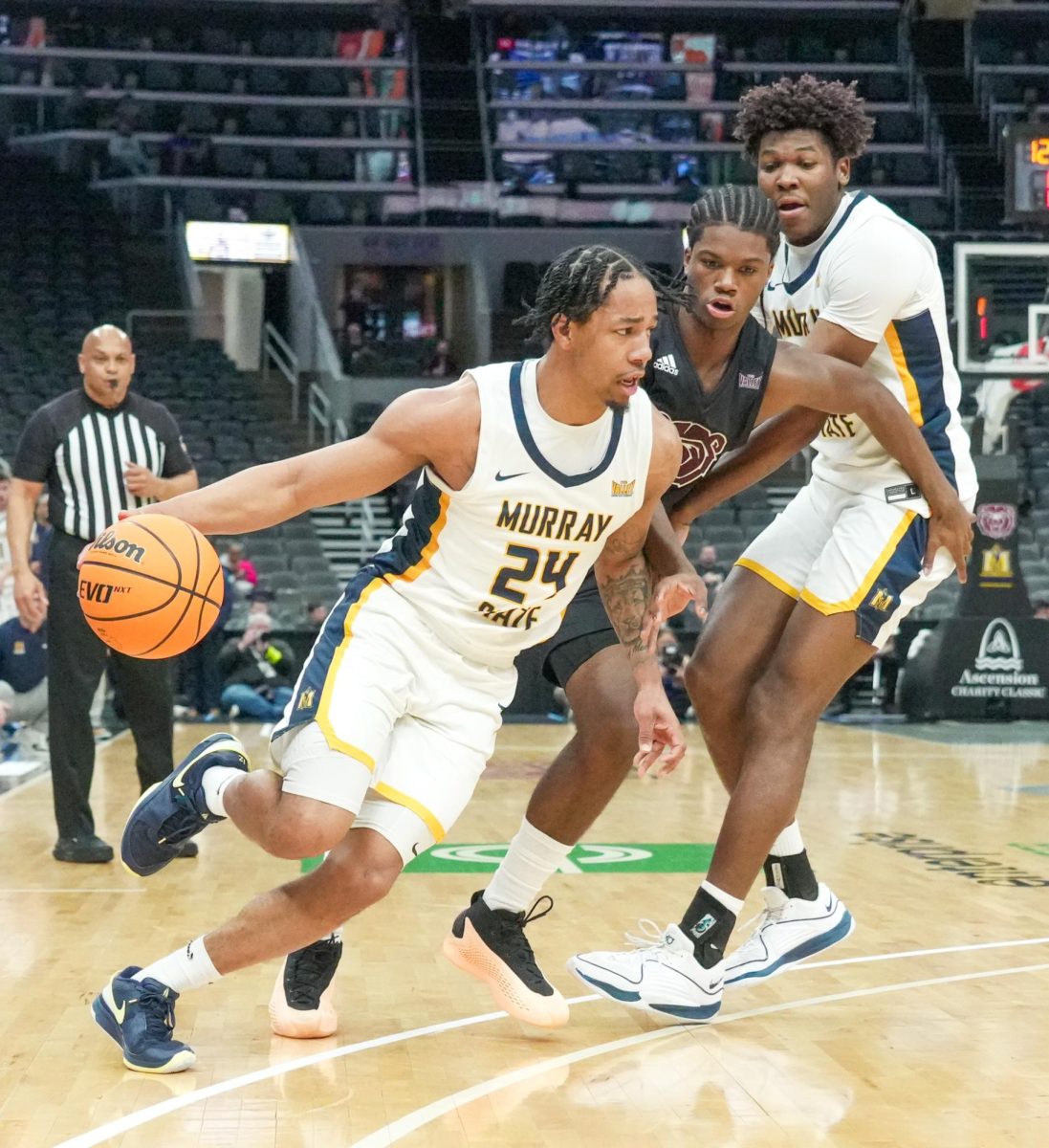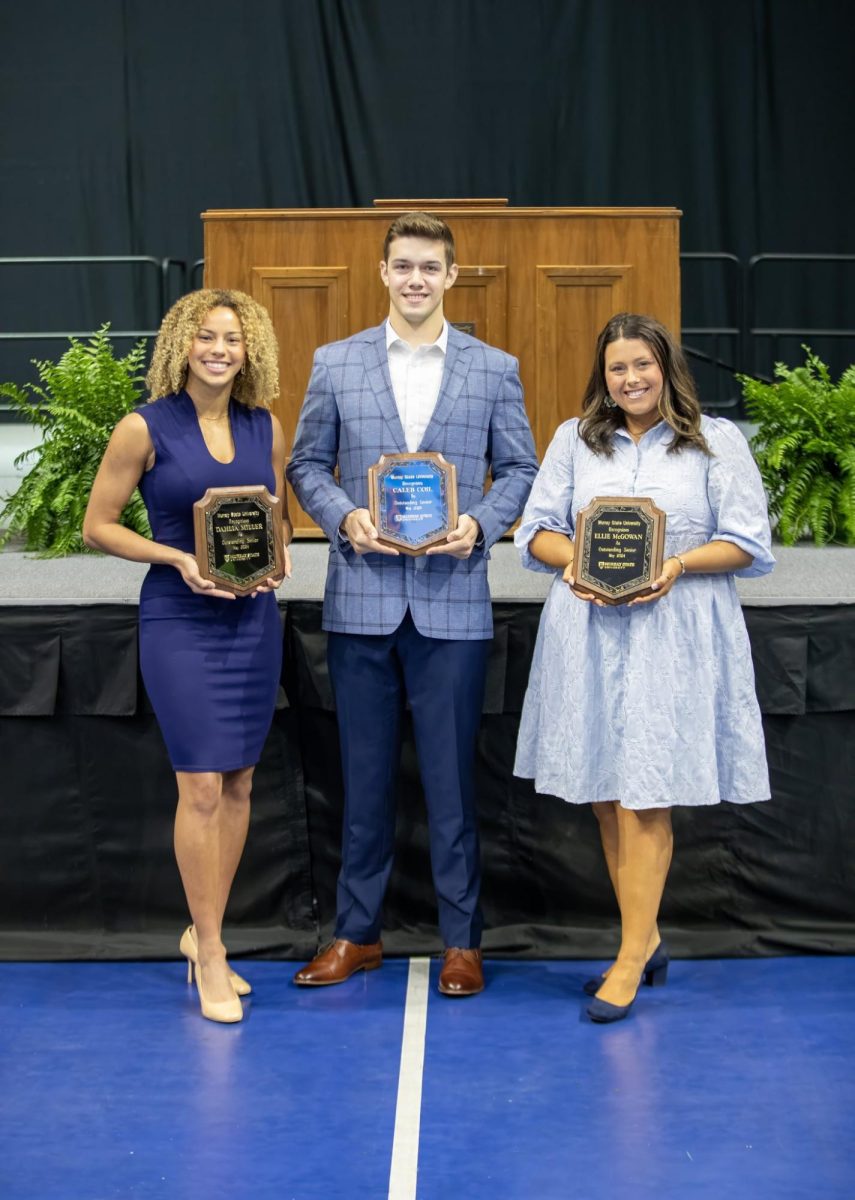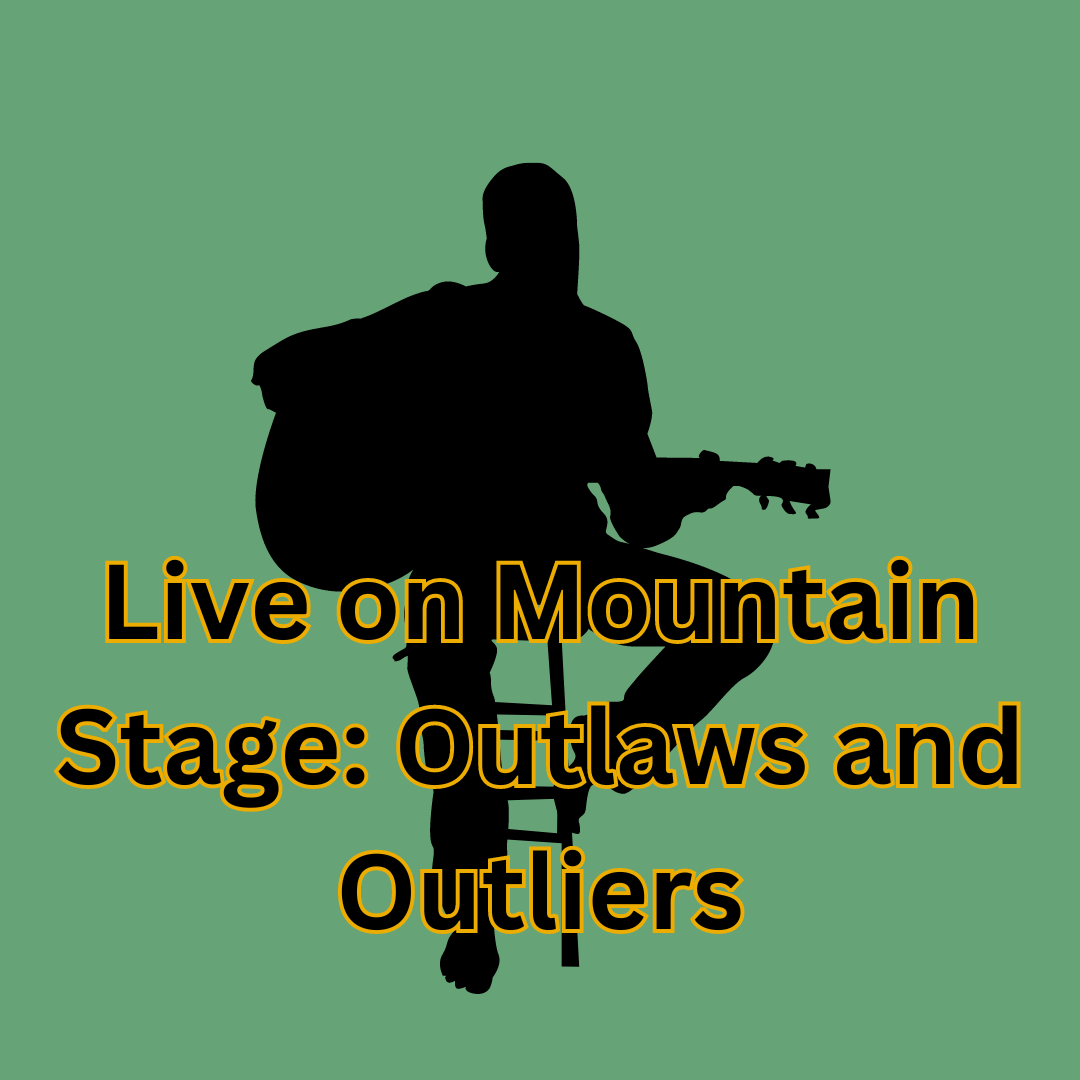The staff editorial is the majority opinion of The Murray State News Editorial Board
It’s becoming increasingly common for faculty, staff and students here at Murray State University to receive emails titled “Timely Warning,” most of which alert us to a reported sex crime. While these reports are nothing to celebrate, they may signal a shift in cultural awareness which has many implications.
According to reports made last week by The Murray State News, “there has been a total of 15 [sex-related crimes reported] in 2017, tieing the number reported for all of 2016.” Note that this statistic is simply the number of reports made, not the actual number of incidents.
But what does this steady increase in reporting, both at Murray State and in the nation, really mean for victims?
In the past two decades, the social stigma which comes with publicly acknowledging oneself as a victim of a sex crime has become less prevalent. It’s still there, lurking in comment sections across the internet and cheap tabloids. But it’s becoming more common for both everyday people and celebrities alike to come forward about their experiences.
The most recent example of this is the movement surrounding the fallout of Harvey Weinstein’s long history of intimidation and sexual misconduct being outed to the public.
Most of these individuals never reported their experiences due to intimidation, the possibility of hurting their career or public shaming. This barrier is finally dissipating as more women and men find our society is attempting to evolve beyond victim blaming. A growing list of accusers against Weinstein, including Ashley Judd and Rose McGowan, may be the catalyst needed to push this cultural shift even further.
This is a much-welcomed change, though it has come too late for some.
Kesha Sebert, known simply as Kesha, came forward with another high-profile case of alleged sexual abuse against her producer, Dr. Luke. Unfortunately, as she didn’t feel the public would be on her side, Kesha did not pursue this until much too late.
So, even though resources are being provided both locally and nationally for these victims, why are so few pursuing legal action?
It may be that there is a disconnect between public opinion and legal options available to these individuals, especially directly after these events occur.
Sexual assault forensic evidence (SAFE) kits are becoming more widely available, though awareness is still low. Often, this evidence isn’t even thoroughly examined in an appropriate time frame by law enforcement, resulting in further legal difficulties for victims.
So despite the increasing amount of resources, people still don’t feel as if the legal system affords the accuser enough immediate rights to pursue action against the accused.
This makes the most vulnerable in our society even more so to violence and sex crimes.
Activists, leaders and lawmakers have a lot of catching up to do if all citizens are to feel safe, and in moments of crisis, armed with the confidence of knowing they are not alone and certainly not forgotten.


